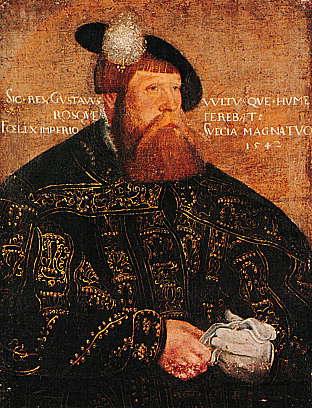
Word of the Day: Weal
Today’s word of the day, from the Mirriam-Webster dictionary website, is weal. By itself, it is pretty much an obsolete word, but we might have heard it in the expression “for weal or woe,” or we might have heard it as part of the word commonweal, as in the name of a Roman Catholic magazine, though commonweal is a fairly archaic word as well. Weal means “well-being, prosperity, or happiness,” according to www.dictionary.com. According to www.etymonline.com, weal goes back to “Old English wela ‘wealth,’ in late Old English also ‘welfare, well-being,’ from West Germanic *welon-, from PIE root *wel– (2) ‘to wish, will.’”
Now, if you’re looking at the word and thinking, “Isn’t that just some sort of abbreviation of the word wealth, well, you would be wrong. In fact, the relationship between the two words is kind of the other way around. The word wealth entered the language in the 13th century “ from Middle English wele ‘well-being’ (see weal (n.1)) on analogy of health.” So the analogy is that there is a verb heal, which means to make someone whole, and that process brings about health, or wholeness. Therefore, weal must really be a verb, just like heal, that leads to a state of wealth, just like the state of health. Or at least that is a speculation of how weal became wealth, a kind of folk etymology.
Here is a list of some of things that happened on this date in history:
In 475, Basilliscus became the emperor of the Byzantine Empire.
In 1493, all Jews were, by order of Ferdinand and Isabella, required to be gone from the island of Sicily.
In 1528, Gustav I, the father of Sweden, was crowned king; he ruled Sweden for 37 years.
In 1554, Bayinnaung was crowned the King of Burma, a place from which he eventually conquered the biggest empire in the history of Southeast Asia.
In 1598, Pope Clement V took over the Duchy of Ferrara when Duke Alfonso II died childless. Alfonso’s cousin, Cesare d’Este, tried to claim his rightful inheritance, but the Pope sent an army into Ferrara and took over the duchy by force. Yes, the Pope had an army, and not an army of monks.
In 1809, the British took over Cayenne, French Guiana, again, in the ongoing back and forth between Britain and France to control what the Spanish considered worthless territory.
In 1872, Yohannes IV was crowned Emperor of Ethiopia in Axum, the first coronation in Axum in over 200 years.
In 1875, Kwang-Su became the Emperor of China. He was only 3½.
In 1916, Great Britain announced that two islands in the Western Pacific Ocean were a colony of Britain. These islands are far to the west of Papau New Guinea.
One of the things that you might notice in all of these historical events is how none of them did a bit of good for the average people who lived in those countries. The kings and emperors and other “leaders” who get noticed in these historical recountings could not have cared one bit about the weal of the people whom they supposedly served.
The image is a painting of Gustav I of Sweden from about 1542, painter unknown.